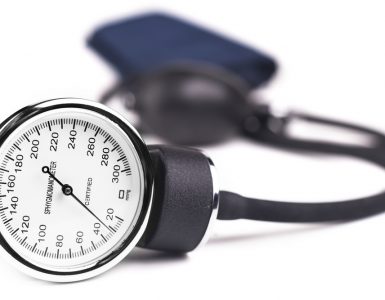(allium sativum)
Botanical family: Alliaceae
Parts used: Bulb
Main active constituents: Allicin
Actions: Immune boosting, heart protective, antiseptic, anti viral, anti fungal, anti bacterial, circulation booster, digestive aid
Good for: Lowering cholesterol levels, healing wounds, protecting against cancer, keeping colds at bay, fungal infections, digestive upsets
Available forms: Capsule, fresh herb, liquid, oil, powder, tablet
Garlic, sometimes also known as poor man’s treacle, is a member of the lily family and a relation of the onion and shallot. Native to Southern Europe and Siberia, it is one of the few universal culinary and medicinal herbs that can be cultivated anywhere.
The leaves, which are flat and thin, grow 20 -30 cm high on an unbranched stalk, while a spherical flower head of tiny, greenish white or pink flowers appears in July or August. The whole plant has a pungent smell, but the strongest aroma is concentrated in the bulb, the site of the plant’s healing powers and flavour. The bulb is made of up to 15 segments or cloves.
History of Garlic
Valued for thousands of years for its therapeutic powers, garlic has been used to treat every kind of ailment from leprosy to flu. It was used medicinally by the Egyptian Pharaohs and the ancient Greeks and Romans. Their armies were fed garlic to build up strength and the first Olympian athletes consumed vast amounts before competing to help build stamina.
The great 17th century herbalist Culpeper described garlic as ’a remedy for all diseases and hurts’, while in the 19th century Louis Pasteur investigated its antibacterial properties. Physicians in the two world wars used it to treat wounds. More recent research has focussed on the ability of garlic to reduce the risk of heart disease and possibly cancer.
Current uses of Garlic
HEART
Several studies have shown that garlic can help reduce the risk of heart attack and stroke by making the blood less sticky and likely to clot. It is thought it may also help reduce high blood pressure mainly through its ability to widen blood vessels and help blood to circulate more freely.
Results of recent studies examining the effect of garlic on cholesterol are not clear, but it is thought it may affect the metabolism of cholesterol in the liver resulting in less cholesterol being released into the blood.
CANCER
Recent research also suggests garlic may help protect against stomach and bowel cancer although it is not known why. A study carried out at Penn State University in Pennsylvania showed that garlic blocked the formation of nitrosamines, powerful carcinogens known to be linked with stomach cancer. Other studies suggest it works by killing the bacteria Helicobacter pylori, known to trigger stomach ulcers and increase the risk of stomach cancer.
COLD AND FLU
Garlic has strong antibiotic properties and has long been used to help protect against infection. Regular use is also thought to help ward off colds and flu by strengthening the immune system.
How to take Garlic
A daily dose of 1 g (1000 mg) of dried garlic in tablet form is recommended.Can be eaten raw –aim for around a clove a day.







